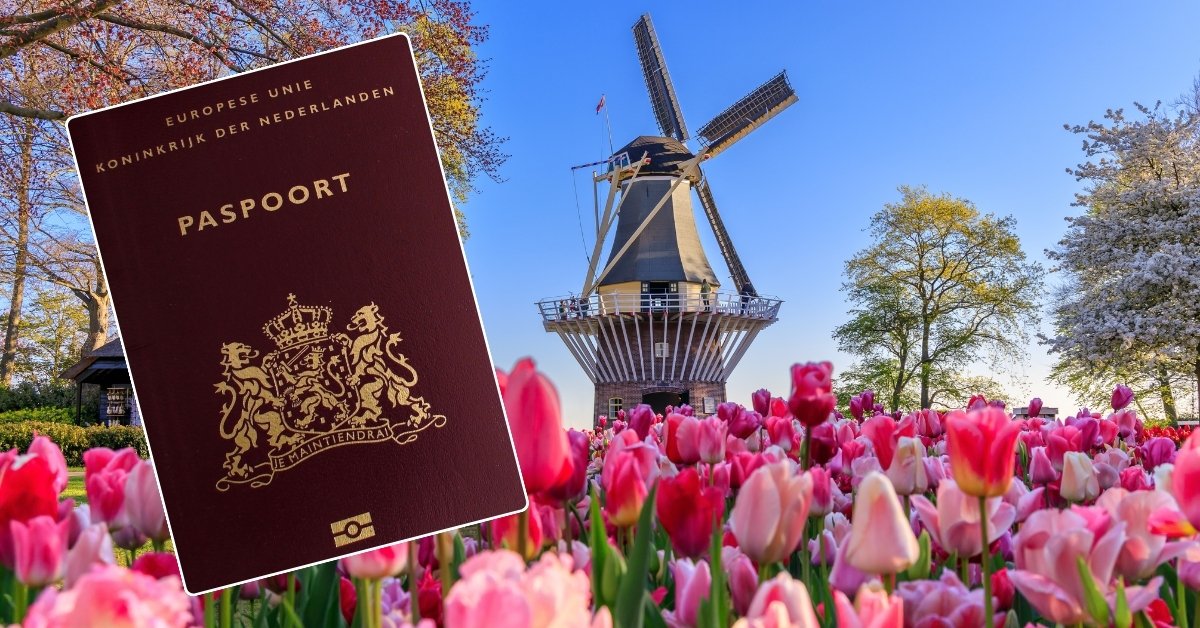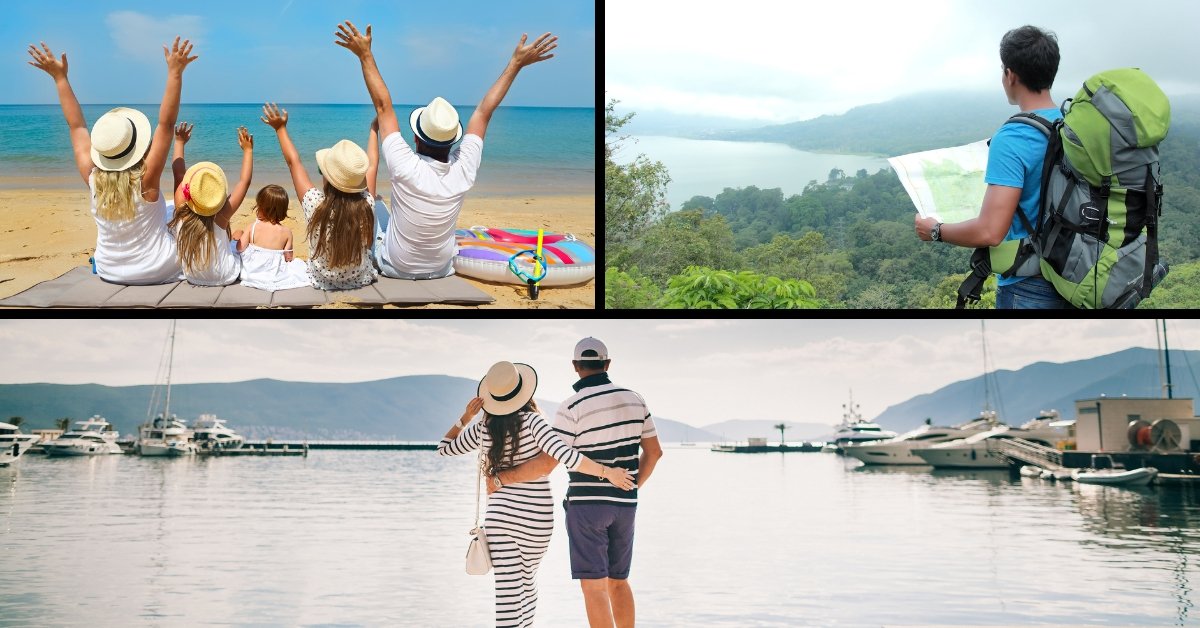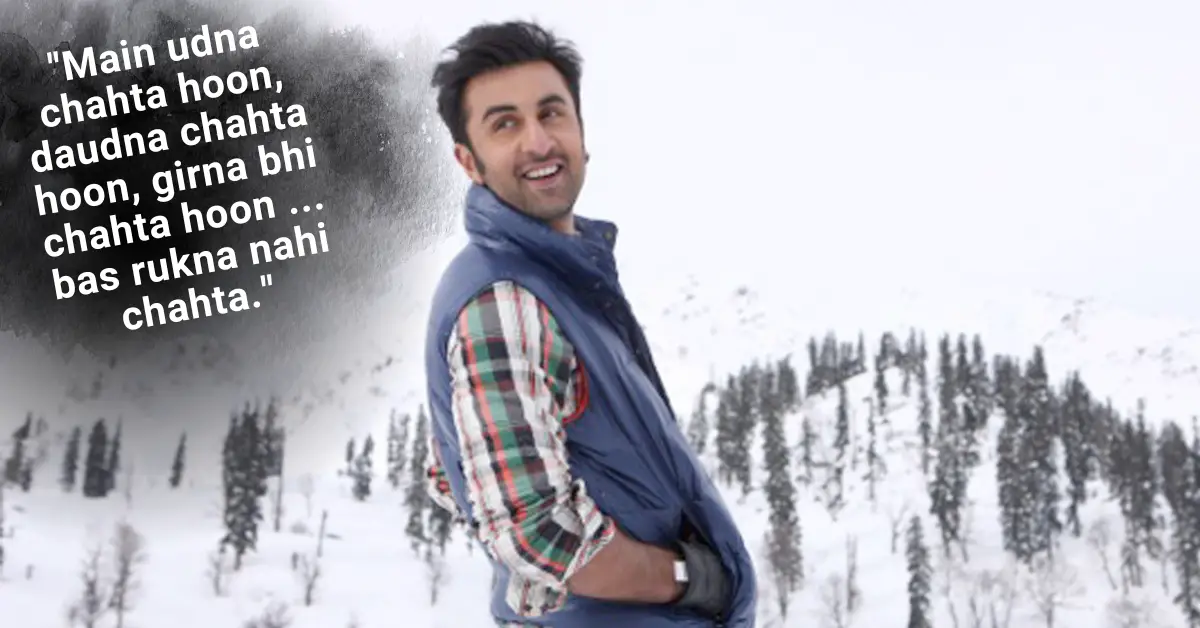Applying for a Dutch passport? Learn the costs, timelines, and documents needed and why the Dutch passport is best for global travel.
Table of Contents
Introduction
Getting your first Dutch passport is an exciting milestone, but the process can feel overwhelming if you need to know what to expect.
How long will it take?
What documents do you need?
Moreover, what happens if you are applying for the first time or from outside the Netherlands?
Whether you are a seasoned traveler or preparing for your first international trip, your Dutch passport is more than just a document—it is your gateway to exploring the world.
From its impressive global access to its efficiency in the application process, the Dutch passport is one of the most powerful tools for any citizen.
This guide will explain everything you need: timelines, costs, tips, and even some fascinating trivia about why the Dutch passport is highly valued.
By the end, you will be fully prepared to navigate the process and confidently avoid unnecessary delays.
Let us get started!
1. The Standard Processing Time in the Netherlands
If you are already a registered Dutch citizen, congratulations—you are in luck.
The process is fast and efficient.
After applying at your local municipality (gemeente), you will typically have your passport within 5 working days.
However, you can opt for urgent processing if you are like me and always cutting it close with deadlines.
It cost me an extra €50, but it was worth every penny to avoid the stress of last-minute delays.
2. First-Time Applicants: Brace Yourself for Extra Steps
Suppose you are applying for your first Dutch passport, especially after becoming a Dutch citizen through naturalization.
In that case, there is an extra step: your details must first be registered in the municipal records (BRP).
Depending on the municipality, this can take several weeks to a few months.
Our friend Lisa had just completed her naturalization ceremony and was eager to book a trip.
Unfortunately, she had not factored in the waiting period for registration.
“I felt like I was in limbo,” she said, laughing about the endless calls to the gemeente.
Lesson?
Only book your travel after you have got that passport in hand!
3. Applying Abroad? Patience is a Virtue
If you live outside the Netherlands, you must apply at a Dutch embassy or consulate.
The process is not complicated, but it does take longer—usually 2-4 weeks.
My cousin Ali, who lives in Canada, had to drive three hours to the nearest consulate and wait three weeks for his passport to arrive.
In addition, the costs were slightly higher due to international processing fees, and urgent options were only sometimes available.
4. Costs: What Should You Budget For?
Getting a Dutch passport is not just about time; it also comes with a price tag.
Here is a breakdown:
- Standard Passport Fee: Around €77 for adults and €58 for children in the Netherlands.
- Urgent Processing Fee: Add approximately €50 if you need it fast.
- Applications Abroad: Fees vary but are often higher—typically around €125.
Remember that these costs can change, so always double-check with your local gemeente or embassy before applying.
5. Documents: Check Twice to Avoid Delays
Missing documents are one of the most common reasons for delays.
Here is what you will typically need:
- A valid ID or proof of Dutch nationality
- Your BSN (citizen service number)
- A passport photo that meets strict Dutch requirements (neutral expression, specific dimensions)
- Proof of residency, if applicable
Pro Tip: Do not try to cut corners on the photo. Gemeente can be rejected if the background is slightly off-white instead of white—yes, they are that strict!
6. The Dutch Passport: Your Gateway to the World
Did you know the Dutch passport is one of the most powerful in the world?
It grants visa-free or visa-on-arrival access to 193 countries, making it a top choice for travelers.
Without worrying about visas, we could visit bucket-list destinations like Thailand, South Africa, and even Brazil.
Dutch citizens can easily access EU countries for work, study, and travel.
It is not just a passport but a ticket to global freedom.
7. Speeding Things Up: My Top Tips
After navigating the process, here is how you can make it quicker and easier:
- Book Early: Especially during busy seasons like summer and the holidays.
- Go for Urgency: If time is tight, pay for the expedited service—it is worth it.
- Prepare Your Documents: Double-check the requirements to avoid last-minute rejections.
Final Thoughts: A Passport to Freedom
Obtaining a Dutch passport is more than just completing a bureaucratic task—it is a significant step that opens doors to the world and solidifies your rights as a Dutch citizen.
Whether you are applying for the first time or renewing, it is essential to approach the process with careful preparation to avoid delays and ensure a smooth experience.
Holding that little burgundy book is more than a formality; it symbolizes freedom and opportunity, granting access to countless destinations and connecting you to a world of possibilities.
Do you have questions about your Dutch passport journey or want to share your experiences?
Comment below.
Also, remember to check out our other articles for helpful travel tips and insights.
Safe travels and happy exploring!






